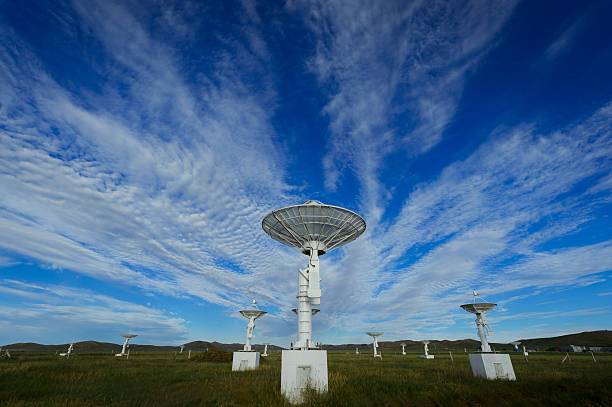
The number of satellites launched or developed by African countries continues to increase as the continent makes enormous strides in developing its space capabilities. The Annual African Space Industry Report, Edition 2022 estimates over 100 new satellites to be launched between 2022 and 2026 by African countries. Therefore, with the increasing number of satellite launches and development plans, there is a pressing need to access more data than ever. In addition, the ground segment is anticipated to grow the African space market because practically all missions, whether they are carrying commercial, military, or scientific payloads, rely on space ground systems for launch and on-orbit operations.
The increasing demand for ground station services has also given rise to the popularity of Ground-station-as-a-service (GSaaS) product offerings because it saves satellite operators the costs of building, operating, and maintaining a ground station.
Instead, GSaaS operators provide access to fully managed ground stations with global stations and network footprint. In addition, the transition from purpose-built hardware to mission-specific software is sped up due to this cloud-based approach, which enables satellite operators globally to benefit from the scalability, resilience, and flexibility that a cloud offers with the same generic hardware.
In most African regions, private companies leverage space systems and infrastructures built by the government and/or foreign organisations to provide niched solutions/services, including decision-ready datasets, satellite and component manufacturing, and satellite communication services (e.g. internet services, DTH Tv, satellite radio, among others). In the same vein, partnership agreements and deals between African and foreign space companies leveraging one another’s capabilities have become commonplace, opening up more remote regions of the continent to entrepreneurial growth.
For instance, ATCOMM, a Mauritius-based telecommunications company and internet service provider, recently pivoted into the ground station hosting services in Mauritius to track LEO satellites destined for IOT, imagery, and other services along with the active monitoring of spacecraft launch transiting over the Indian Ocean region.
ATCOMM’s Ground Segment Hosting Service
Having expanded their services to include dedicated hosting of antennas for satellite operators interested in executing various space-related services in Africa, in 2022, ATCOMM signed a partnership with LeafSpace to host and manage a ground station and antenna in Mauritius, which will form part of the LeafSpace ground station network. Furthermore, ATCOMM facilitates the investments of foreign satellite ground station operators in Mauritius by laying the groundwork for operations, government application processes, coordination with regulators and other management activities that will help foreign companies operate in the country because building a dedicated ground segment involves dealing with important regulatory constraints, especially getting licensing for both space and ground segments.
There is a real need for global access to ground-based resources and coupled with the growing interest of international space players to operate in Africa, ATCOMM aims to be at the forefront of the evolution of the Mauritius space scene. Beyond their local market, they are also looking to expand their services to other Africa regions. They are hopeful about improved government policies to increase the ease of doing business in Africa. Their usual challenges include processing ISP licences, market monopoly by established operators, who in turn make access to the internet quite expensive for regular Africans and increase the barrier to entry for smaller, local operators by making it difficult for them to reach appropriate target markets, increased and tighter competition between smaller players. This could mean fewer benchmarking opportunities and competition, leading to poorer services.
Given the extensive work needed to secure ground segment operations, satellite operators realise the necessity of contracting out their work to ground station experts who can bridge the supply and demand gap. And the key to this solution is the partner ecosystem working together to address specific problems. In the African space sector, cross-industry collaboration amongst partners fosters interoperability and potential for novel and creative business solutions.



